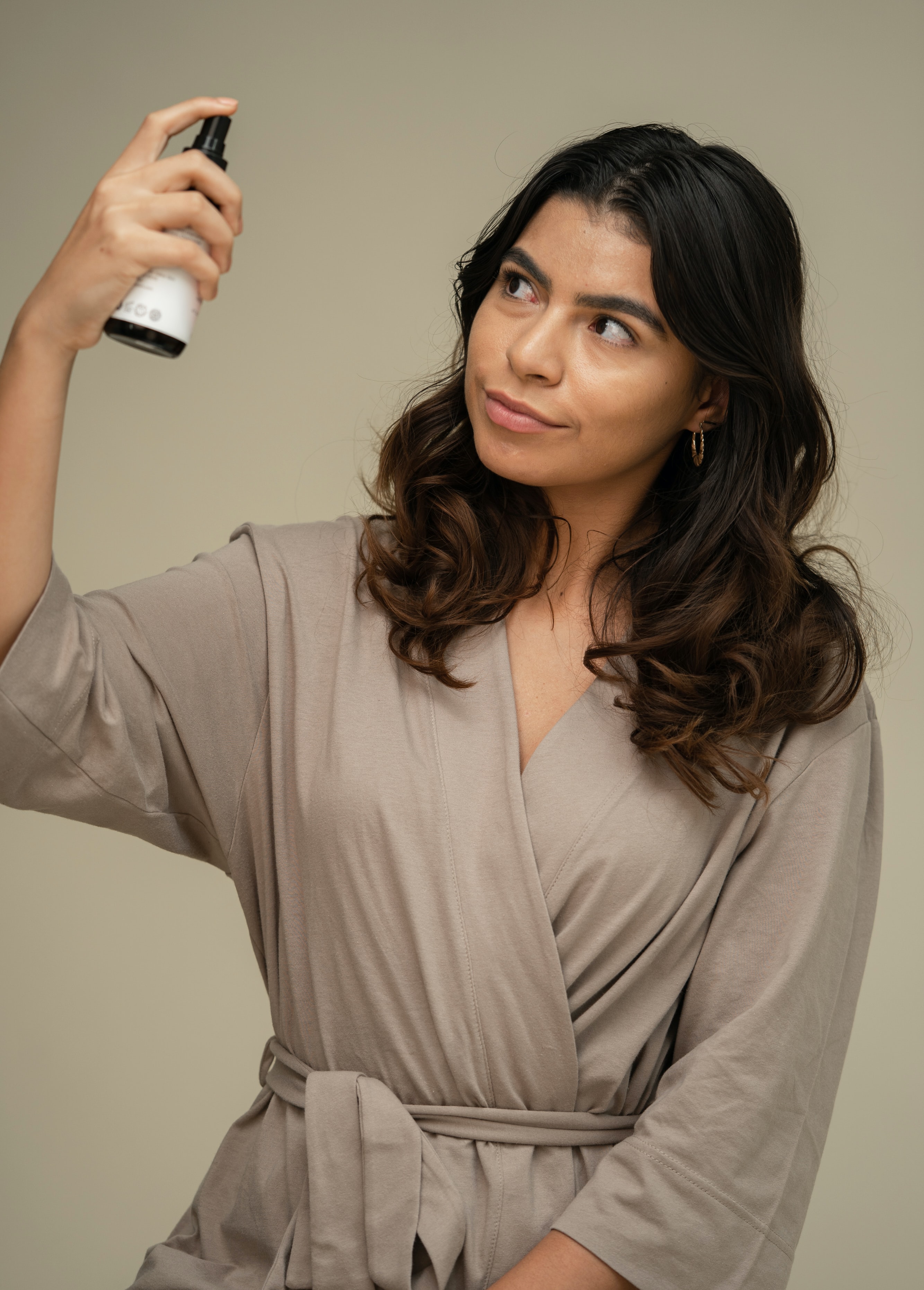What is Retinol?
Retinol is a vitamin A derivative that belongs to the retinoid family. It is a type of retinoid easily available in over-the-counter products, whereas retinoid prescriptions are required.
However, retinol remains a controversial ingredient with contrasting reviews, some claim that retinol has ruined their skin and complexion, while others have stated how miraculously it has transformed their skin into a younger-looking one.
What retinol does?
Retinols are applied tropically and tend to exfoliate the skin’s cell turnover and increase collagen production in the applied area. This makes it an effective product for anti-aging, as cell turnover decreases with age. This process also keeps the pores unclogged, hence making it an effective treatment for acne.
This gives skin a youth and smooth appearance.
Then why this ingredient remains effective for some and not for others?
Due to increased cell turnover, retinol remains the most effective ingredient for all age groups to achieve texture-less glowing skin.
On the negative side, people who have used retinol have noticed acne breakouts, uneven skin tone, peeling, redness, dry or patchy skin, itchiness, and increased sensitivity.
How to use retinol?
To begin using retinol, you must first understand the intensity of retinol your skin can tolerate. If you are not using prescription-based retinoids, then starting retinol with a minimum intensity only a few times a week is the best way to integrate them into your skincare routine.
When retinol side effects emerge after initial usage, they will go away after a few weeks, as they are most likely the result of skin purging. However, intense occurrences like scaly, itchy, red skin that flares up should require consultation with a specialist dermatologist.
Who should avoid ?
Retinols are suitable for most skin types. However, if you have sensitive skin, you might want to skip them from your regimen and opt for safer options like hyaluronic acid and niacinamide. Also, since retinoids and their various types are never tested on pregnant women, it is recommended not to use them during pregnancy or breastfeeding.
Which ingredients are best to avoid and use with retinol?
It is best to keep it simple while using retinol. Instead of going overboard with your routine, just use a gentle basic cleanser, and after applying retinol, layer it with a good moisturizer.
Vitamin C and AHA/BHA are the ingredients you should never mix or use with retinol. They will over-exfoliate your skin and make it even more sensitive to the sun, which you will already be with the use of retinol.
Sunblock and a good moisturizer are essential with retinol.
Hence, don’t be scared if you plan to add retinol to your skin care regimen. Just know your skin type and condition, and start with a basic, lighter-intensity product initially and gradually increase the product intensity.





Recent comments